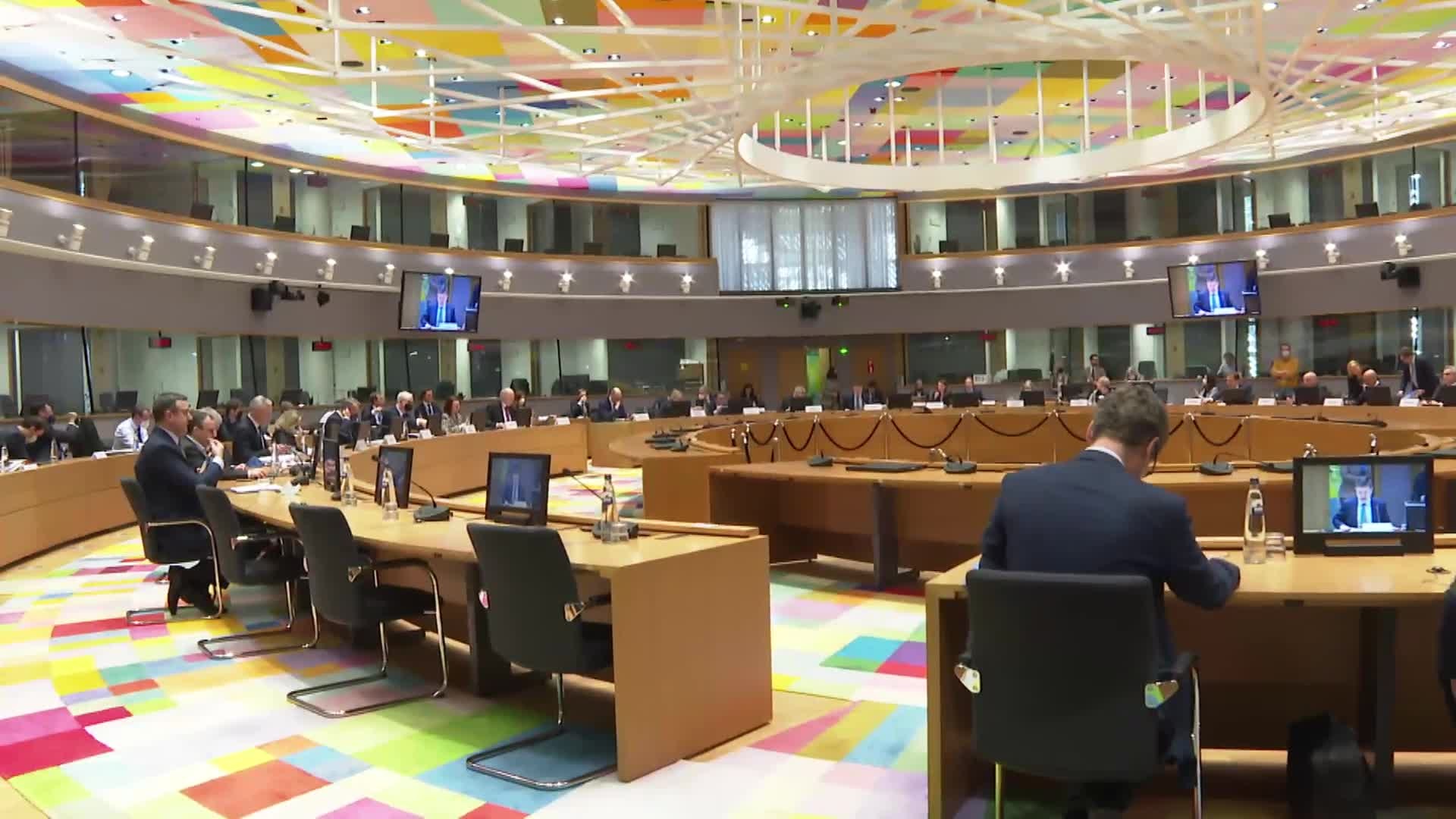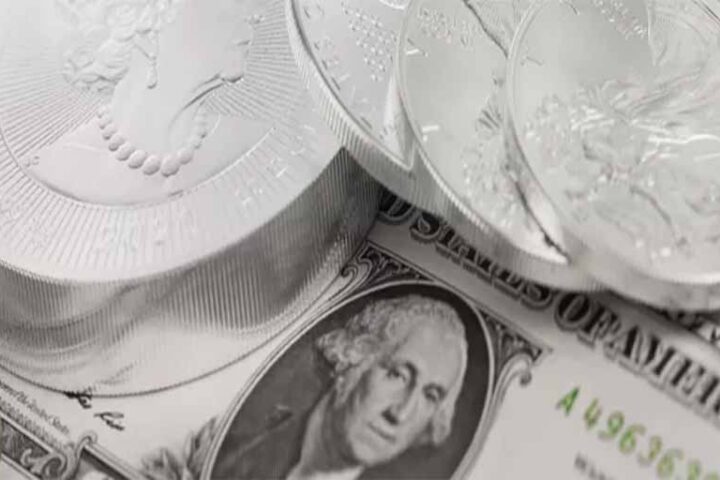Cyprus expects to be hit the hardest in the sectors of tourism and energy supplies, a senior government official told the EU finance ministers’ meeting (Ecofin) in Brussels, echoing warnings from rating agencies over the fallout from the war in Ukraine and sanctions on Russia.
Ecofin had convened on Monday and Tuesday to appraise the economic and fiscal consequences of sanctions imposed on Russia following its invasion of Ukraine.
Permanent Secretary Yiorgos Panteli, representing Finance Minister Constantinos Petrides, said that the sanctions imposed on Russia are expected to bring on challenges for the island’s tourism and energy sectors.
The Finance Ministry official’s intervention comes as rating agencies issued warnings to the island over its Russian links that threaten a recovery from the coronavirus pandemic.
Cyprus’ significant links with Russia have increased the downside risks to otherwise strong medium term economic prospects for the island, rating agency DBRS said in a commentary on Monday.
In a review of Cyprus’ prospects, the DBRS commentary said that sanctions on Russia could cost, as it noted that “the main transmission channels for Cyprus are through tourism revenues and higher energy prices”.
The rating agency noted that with respect to the first channel, Russia has been the second largest source market for Cyprus since 2007 and the main market in 2021, accounting for 27% of total tourist arrivals, playing a key role in the strong but still partial rebound in foreign tourism last year.
Cyprus to lose 1.5-2% of GDP
DBRS Morningstar estimates that Cyprus stands to lose 1.5-2.0% of GDP in 2022 if the airspace closures remain in place for the whole year.
Meanwhile, representatives of a number of sectors in Cyprus have reported losses from the war in Ukraine, as the EU also imposed banking sanctions on Russia, excluding certain Russian banks from SWIFT.
Accountants and lawyers on the island have said that the island’s services’ sector is to lose up to 15% of its business due to the war and sanctions.
In comments to the Financial Mirror, the chair of the Institute of Certified Public Accountants of Cyprus, Pieris Markou, said: “As a small economy which relies heavily on foreign investment and services, it is vulnerable to international developments, whether they are positive or negative”.
“We must not forget that our economic model is based on attracting foreign investment.
“So, when these companies cannot do business, either in Russia or in Ukraine, the services sector will inevitably be affected.”
Markou added that some offshore firms are directly affected by banking sanctions, as they have no access to frozen assets or the banking system in Russia.
Other firms dealing with these companies are indirectly affected, as sanctions hinder transactions.
Emissions trading, corporate tax
The finance ministers of the bloc’s 27 member states also decided by a large majority to set up a Carbon Border Adjustment Mechanism (CBAM) on the basis of a proposal from the European Commission.
CBAM is designed to function in parallel with the EU’s Emissions Trading System (EU ETS), to mirror and complement its functioning on imported goods.
The EU’s finance ministers also held a policy debate on the proposal to transpose into EU law the OECD-level global agreement that would subject large multinational corporations to a minimum corporate tax rate of 15%.










